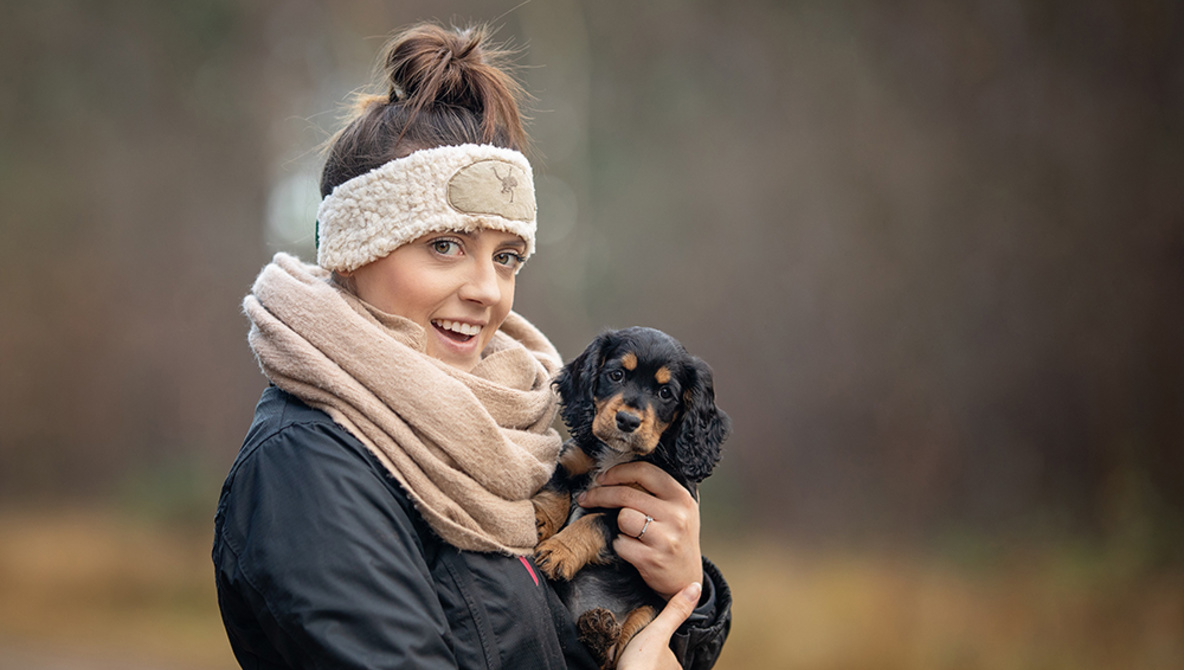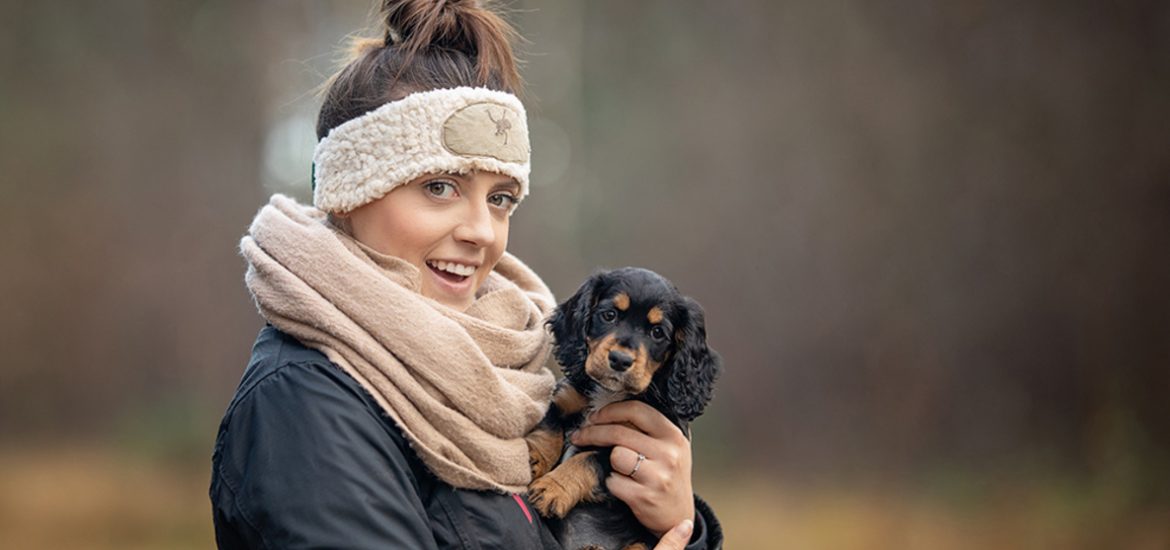
The WHO says approximately 450 million people currently suffer from mental health and neurological disorders. That’s over three-and-a-half times the number that have ever had COVID-19. Within the photographic industry, the rates of mental illness are far worse than in society as a whole.
Are You a Photographer Struggling With Your Mental Health? If So, You Are Not Alone.
One in four people will experience mental health problems of some kind each year. Yet, two thirds of people won’t get help, despite their being (varying levels of) help available. Here in the UK, mental health services are massively underfunded, and support organizations are stretched to breaking points.
Top Photographer Speaks Out About Mental Wellbeing
Early in March, The Photography Show in the UK was held online. An array of talented photographers from around the world gave talks. One of the most compelling was from the 2020 Pet Photographer of the Year, Jessica McGovern.
What made Jessica’s talk outstanding was not her award-winning pet portrait photography, but her deep concern about the high levels of mental health issues within the photographic industry. Although it is more widely talked about now, mental illness is still a taboo subject, but these barriers are being broken down. It’s heroes like Jessica who are helping to bulldoze those barriers, and she spoke openly about her own struggles with her mental wellbeing.
Because Jessica is so open about her own mental health challenges, she has become an unofficial helpline, listening and giving support to photographers who contact her. Hundreds of photographers from around the world get in touch, relating their stories, speaking of their own issues, and sometimes asking for help. Some are in crisis situations, so she sometimes takes urgent action to prevent people from harming themselves, even calling mental health services for emergency intervention in Mexico. That must be a huge responsibility.
Jessica conducted a survey amongst her photographic community. She was shocked by the results and so shared them with the Master Photographers Association (MPA). Then, in 2020, Jessica and the MPA, along with Loxley Colour, and 3XM, and a few other organizations, teamed up to research the prevalence of people within the industry suffering from Common Mental Disorder (CMD) symptoms. They surveyed 500 people working in the photographic industry. The results were disturbing.
Worrying Numbers in Our Industry
More than 50% of those questioned were affected and struggling with their mental health, more than double the rate of the general population. This had increased by 4% during 2020. Probably most shocking was that working photographers have more than three times the prevalence of Common Mental Disorder symptoms compared to the rest of the UK population. Furthermore, 39% of those who earn money from photography are affected in their daily life by mental illness symptoms. Again, more than double the amount among the UK adult population.
Although the industry is considered good at providing photographic learning by 87% of those surveyed, and 62% thought it was good at providing business learning, only 33% thought it was good at supporting mental health and wellbeing. Furthermore, these figures showed that every subgroup (gender, age, geographic location, etc.) rated equally the industry’s support for mental health and wellbeing as being poor.
What Impacts Your Mental Health?
In response to the question about what negatively impacts mental health and wellbeing, the highest single factor, cited by 37% of respondents, was “stress and pressures.” This included customer issues, financial uncertainty, generalized stress, and social media comparisons. The other factors were social isolation and self-esteem: both had just over 10% responding that they had their mental health negatively affected by these. Work-life balance scored 5%. Other miscellaneous factors affected around 12% of others.
Breaking Free
The MPA is producing a report to improve the situation for everyone, which should be published soon. Let’s hope the industry as a whole acts upon it. However, Jessica asks us to think about what we can do to protect and improve our own mental wellbeing:
It’s easy to hope that somebody else will solve and fix these problems, and although the industry does have some changes that I hope are made, the only person who can make changes in our own lives is us.
How We Can Help Ourselves
Jessica spoke about strategies that may help us to improve our mental wellbeing both within photography and in our daily lives.
To avoid social isolation, she finds that having a challenging, non-photographic offline social activity is important. She takes part in one of these at least once a week. Within photography, she recommends joining a social photographic community that focuses on member activities and community first.
For tackling stressors, Jessica says that outside photography, we should identify and set boundaries and so gain awareness of where we spend our energy resources; learning to say “no” is important. Likewise, within our photographic lives, we should identify stressors and stress patterns. Writing those down can really help us to identify and manage them. We should then try to eliminate them by delegating to others or creating a plan to manage them.
Self-esteem and self-worth can be damaged or supported by “external validation”; hearing that you are doing well from people that matter is important to us and getting negative comments is damaging. The latter ultimately leads to negative-self talk, telling oneself that we are not good enough. Internal validation is telling yourself and believing that you are enough. If you need support in this area, Jessica highly recommends you speak to a psychotherapist or clinical psychologist to help you make positive changes.
Jessica believes that we create what she calls “self-esteem chasms.” For her, it was social media groups. We have probably all found online forums that are toxic and make us feel bad about ourselves. Leave those and instead find alternatives that give us what you need without causing mental harm. If looking for inspiration or community, bypass those negative Facebook groups and find them elsewhere. The important thing is to make ourselves happy. Cutting these chasms out of our lives is a step to achieving that.
With work/life balance, she suggests we assess where the split is between those two currently. Then, identify areas in either arena that you can remove to make life better for yourself. Look for aspects of your work that wear you down and create stress. Just like with other stressors, write them down and identify which you can eliminate or delegate. If you cannot do this, make a plan to manage them.
Are You Struggling?
If you are struggling now, please don’t suffer alone. Do contact your doctor or Google “mental health organization near me” to find local support. Alternatively, speak with a friend and ask them to assist you in finding help.
Also, please remember to be kind in your words to others.
Next time, I will have a discussion with Jessica about the areas of being a professional photographer that impact her mental health.
Images and slides used with the kind permission of Jessica McGovern. Jessica’s portrait courtesy of Johanna Charlton of Wildair Portraits.
